
When Hair Loss Gets Personal
Ever have one of those mornings where you glance in the mirror—and do a double take? Is that… my scalp? Right there, poking through where it definitely wasn’t a year ago? If you’re over 50 and noticing more hair in the brush (or the drain), you are very much not alone.
Let me be real for a second: I’ve watched my own mom stare down her hairline and say, “Since when did my part get so wide?” Friends swap stories about new “cowlicks” that just don’t fill in, and cousins half-joke about hats being their “new look.” It’s frustrating. It’s a little scary. And it’s weirdly emotional. (Who knew a few missing strands could mess with your confidence so much?)
If you’re reading this, maybe you’ve also wondered: does Nutrafol work for seniors? It’s everywhere in ads, maybe a friend swears by it. But do these pills actually help if you’re 55 or 75… or are you better off just investing in good hats and headscarves?
Why Does Hair Change So Much With Age?
Let’s skip the lecture and get honest: Aging is kind of a sneaky thief. You don’t see it coming, then suddenly your skin is drier, your joints pop, and your once-thick mane is thinning at the temples.
It’s not just you. Research shows that by age 40, about 40% of women have some noticeable hair loss, and for men, that number shoots up even higher as the decades tick by. But why?
Hormones: The Not-So-Fun Plot Twist
The biggest culprit? Hormones. As we get older—especially through menopause—estrogen and progesterone take a nosedive. At the same time, testosterone hangs out and sometimes converts into something called “DHT,” a nasty little compound that tells our hair follicles, basically, to quiet down and stop producing those luscious strands. Oh, and if you have stress (ha!), that just adds fuel to the fire.
And here’s where Nutrafol claims to step in. The “Women’s Balance” line is actually designed specifically for women 45 and older, with ingredients that (in theory) target hormone-related hair loss… plus all the extra stuff that comes along with aging—stress, slower metabolism, weaker scalp, you name it. They’ve got a men’s core formula, too, for gents seeing their once-mighty locks getting sparse.
My Aunt Lisa’s Story: When Menopause and Hair Loss Collide
(Okay, quick side story: My Aunt Lisa dreaded menopause for the night sweats. Turns out, the hair loss hit harder. She tried all the “hair-thickening” shampoos, switched pillows, even looked up head massages. Nothing moved the needle—until she heard about Nutrafol at her book club. I’ll come back to her story…)
What’s Inside Nutrafol Anyway?
So you want to know if these capsules are worth ditching your morning oats to afford. Fair question. Nutrafol basically blends a whole bunch of plant-based stuff (think: saw palmetto, ashwagandha, maca, biotin, and marine collagen) with vitamins and antioxidants. The idea: hit all the root causes of senior hair loss—not just hormones, but stress, inflammation, and nutrition gaps, too.
Sneaky Superstars: Ingredients Wearing Tiny Capes
- Saw Palmetto: This one’s famous for blocking that pesky DHT. Men’s hair supplements love it. Nutrafol tosses it in their Women’s Balance blend to block hair-thinning signals.
- Maca: It’s called an adaptogen, meaning it helps your body chill out, hormonally speaking. Maca is in the mix to balance the ups and downs of hormones during and after menopause. (I read that in an explainer on Nutrafol’s ingredients—very science-y but well written.)
- Ashwagandha: The “stress-soother.” Chronic stress raises cortisol, and high cortisol can shove your hair follicles into nap mode. Ashwagandha helps keep stress in check… in theory, helping your hair growth cycle stay on track.
- Marine Collagen Peptides: Hair needs collagen, but so does the scalp where your hair grows. Collagen production declines as we age, so this is Nutrafol’s way of “propping up” your scalp so it can hold onto your hair better.
- Biotin & Tocotrienol Complex: Biotin (B7) is a classic for hair and nails, and tocotrienols (a form of vitamin E) are actually strong antioxidants that help protect your precious follicles from environmental stress. It all adds up—a “belt and suspenders” approach.
What’s noticeable? No drugs, no gluten, no artificial flavors, no hormones thrown in. Heck, it’s even certified halal for the detail-oriented among us according to Nutrafol’s official site.
Table: Nutrafol vs. Multivitamin for Hair-Thinning Seniors
| Supplement | Main Focus | Key Ingredients | Anything Special? |
|---|---|---|---|
| Nutrafol Women’s Balance | Targets hormone, stress, aging, nutrition | Saw Palmetto, Maca, Ashwagandha, Marine Collagen, Biotin, Tocotrienols | Tailored for 45+; supports menopause changes |
| Regular Multivitamin | Broad wellness (not hair focused) | Vitamin A, B vitamins, C, D, E, Zinc, Iron | No direct targeting of root hair-loss causes |
The bottom line? If you just want to plug nutrition gaps, a daily multi might do. But if your hair is thinning post-menopause… Nutrafol is banking on a more targeted attack.
How Does It Fit Into Real Life?
Alright, science chat over—let’s make it practical. If you’re like most seniors I know, your supplement shelf is already getting pretty crowded. Nutrafol? Four capsules daily, ideally with a fat-containing meal (think: avocado toast or eggs at breakfast).
It’s designed to “play nice” with other stuff you might be taking, even hormone replacement therapy (the company says so)—but hey, always ask your doc first, especially if you’ve got other health stuff going on.
What About Results (and Patience)?
This is the fun (also, slightly torture) part. The brand says you should expect to wait up to three to six months before you start seeing changes. In clinical trials for women over 45, people noticed less shedding at the three-month mark. By six months—fuller, shinier hair for many, especially if you stick to it daily according to published clinical outcomes.
But… (there’s always a but, right?) It’s not a magic spell. Genetics, underlying health issues, and even your stress levels all play a role in your outcome. This is where it’s honestly super useful to browse Nutrafol bad reviews — some folks see only minor improvements, some get disappointed with the slow results or no change at all.
Does Nutrafol Work for Seniors? Let’s Look at the Proof
Here’s the biggie. Are you actually likely to grow new hair or stop the loss?
Clinical Studies Speak Up
I found a recent clinical trial run on Nutrafol Women’s Balance—specifically for women dealing with those menopausal hormone swings (think: 45 and up, but also post-menopause and even “just feeling old” periods). This wasn’t just a “survey”; it was a randomized, double-blind, placebo-controlled study. That’s the gold standard for supplement research. After six months, the women actually showed improved hair counts, denser coverage, and less hair shedding than the placebo group. (Check out a summary of the trial here.)
The results echo what’s seen in other age groups—men and women saw fuller, thicker hair and increased overall satisfaction with their hair by week 24 (findings published in this clinical study).
But There Are Some Cautions…
No supplement in the world is going to work for 100% of people. Nutrafol works by improving the environment for hair to grow—dampening stress, balancing hormones, helping your scalp stay healthy. If your hair loss is from a specific disease, scarring, or you’re taking medications that cause hair thinning? It probably won’t help as much.
Plus, the price can kind of sting. We’re talking $80–$90 a month if you’re not getting discounts. (I know some folks who set aside their “going-out-to-eat” budget for this instead.)
What Real People Say: Aunt Lisa and Others
Remember my Aunt Lisa? She gave Nutrafol a six-month trial, documenting every stage like a science experiment. Around month four, she realized she wasn’t picking hairballs out of the brush every morning. By month six, her hairdresser actually commented—unprompted!—on the new growth at her temples. Was it a dramatic “Rapunzel moment”? No. But she said, “if my part doesn’t keep expanding, that’s good enough for me.”
Stories like hers are everywhere—but so are reviews from senior users who tried does Nutrafol work for seniors and didn’t see the hope and shine everyone else did. (Nothing on the health market is one-size-fits-all. Ever.)
Can You Boost Your Results?
One of the best things you can do—if you’re already going to invest in Nutrafol—is to pair it with a scalp-healthy lifestyle. Here, seniors actually have an edge… you’ve seen enough health fads come and go to know what really matters.
- Eat those healthy fats: Omega-3s, avocado, nuts. (Good for your arteries and your scalp.)
- Keep stress at bay, even if you’re “supposed” to be calmer after retirement. (Does that ever happen?)
- Stay gentle with hair tools—no yanking with plastic brushes or blasting heat straight onto your roots.
- Be honest with your doctor about other health issues. Thyroid, iron, medications… all can play a role. Sometimes you need a medical fix, not a supplement.
- Hydrate for your hair. Seriously, we all forget this one.
A Day in the Life: Taking Nutrafol as a Senior
Mornings can be easy—if you’ve developed the “vitamin coffee ritual.” I’ve pictured seniors like my neighbor, Mary, scooping up her coffee, Nutrafol bottle at the ready. Four capsules. A slice of toast with peanut butter (she insists it “helps the pills go down”). She started seeing baby hairs by her “widow’s peak” by her sixth month… and brags to her bowling team about it.
If you want to dive even deeper, check out more personal stories and details on does nutrafol work for seniors —it’s like having a support group on standby.
Weighing the Pros and Cons
| Pros | Cons |
|---|---|
| Clinically studied in 45+ women | Pricey for monthly supply |
| No prescription or drugs required | Results can be slow (3–6 months) |
| Targets multiple causes: hormones, stress, aging | Doesn’t help in every case (read Nutrafol bad reviews for honest takes) |
| Drug-free and generally safe | Not for hair loss caused by medical conditions |
Wrapping Up: Should You Try It?
So, what’s the verdict—does Nutrafol work for seniors?
If you’re dealing with thinning hair in your 50s, 60s, or beyond, especially around menopause (or post-menopause), Nutrafol is one of the few supplements actually studied in your age group. Trials—and plenty of stories—suggest it helps lots of women (and some men) get thicker, fuller hair within a few months. The magic comes from attacking the real causes: hormones, stress, nutrition, aging.
Still, it’s not a miracle in a bottle. It costs a bit. Results aren’t fast. And it just won’t work for everyone. If you love a slow-and-steady, science-backed approach and can commit for half a year, it might just be your ticket to more hair confidence. But don’t set your hopes sky high—keep them honest. At the very least, you’ll be giving your body a dose of healthy vitamins and adaptogens, which is rarely a bad thing as we age.
If you decide to try, chat with your doctor first (especially if you’re on meds or managing conditions). And whatever you do… don’t let a few hair changes steal your spark. There’s more to you than your part line, I promise.
Got questions, or want to see how others fared? Scroll through more stories on does nutrafol work for seniors and browse honest gripes at Nutrafol bad reviews before you jump in. Here’s to hair—and life—feeling a little bit fuller, at any age.

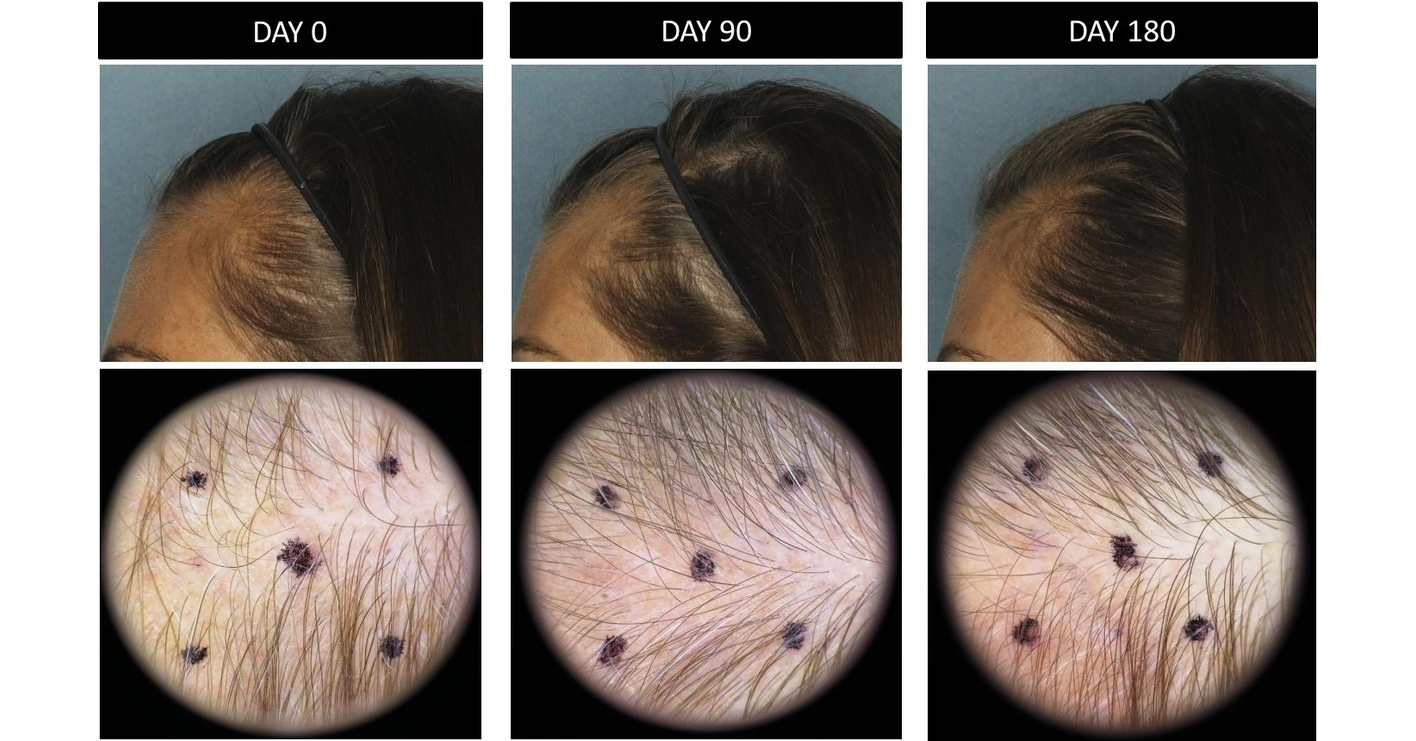




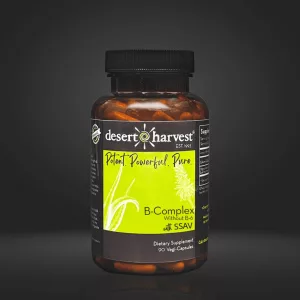
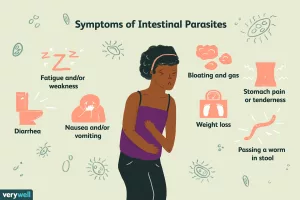

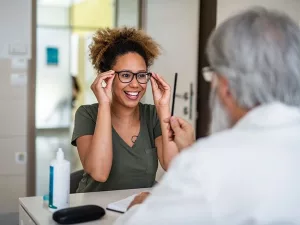



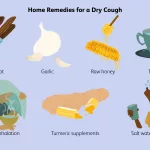
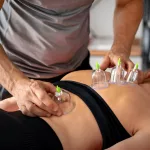
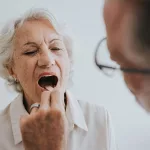


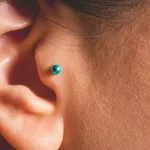




Leave a Reply
You must be logged in to post a comment.